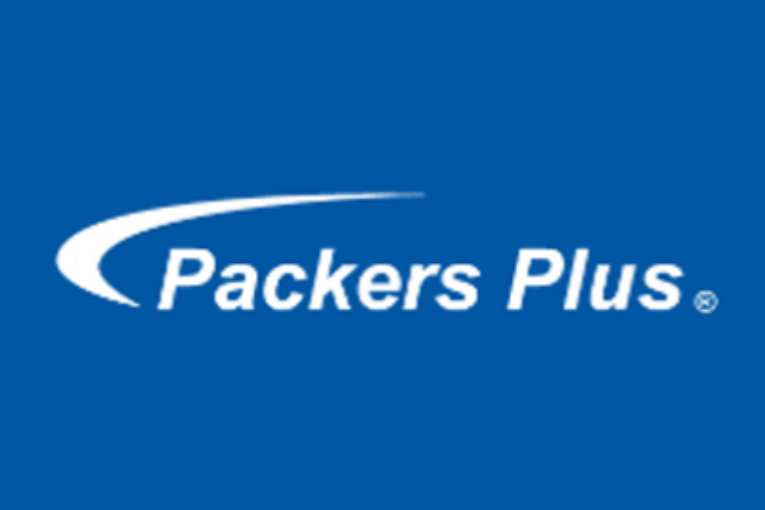
CALGARY — A long-running dispute over a well completion technology that helped usher in the shale oil and gas boom in North America has resulted in a Canadian court decision declaring invalid a patent held by Packers Plus Energy Services Inc. In the decision released this week, the Federal Court of Canada says that the Calgary fracking company’s patent isn’t valid because it was an “obvious” improvement on existing techniques and had been publicly disclosed before the patent application was filed. The decision has sweeping implications for the oil and gas industry because variations of the technology are used to free oil and gas from tight underground shale rock formations in resource plays from Texas to northeastern B.C. and around the world. Judge James O’Reilly struck down patent infringement lawsuits filed by Packers Plus against defendants including Houston-based Weatherford International and Baker Hughes, along with producer Harvest Operations Corp. and service firms Essential Energy Services and Resource Well Completion Technologies Inc. of Calgary. “A patentee merits a monopoly only when the claimed invention is truly new, useful and unobvious,” the judge wrote in his decision. “Packers claims that the claimed invention … was not obvious because it represented a notable advance both over the common general knowledge of skilled persons and the relevant prior art. I disagree with Packers. The claimed method of fracturing … would have been obvious to skilled persons.” Packers’ system, patented in Canada in November 2002, is used to control and separate high-pressure injections of liquids and sand used to break up tight underground rock and free the oil and gas to be produced from horizontal wells, a process called hydraulic fracturing or fracking. Packers CEO Dan Themig did not immediately respond to a request for comment. In an interview two years ago, he said his company had pioneered the system and invested tens of millions of dollars in the technology. Lawyer David Madsen, a partner with Borden Ladner Gervais LLP who acted for Weatherford and Harvest in the case, said the decision will help oil and gas producers control costs in the field. “Everyone has their own version of this … fracking technology so I guess the significance is it is still an open, competitive market and Packers Plus does not have a monopoly on it,” he said. “So that keeps prices down, of course.” Packers will have 30 days to file an appeal of the decision, he said. The judgment awards costs to the defendants. Madsen said those costs will likely be in the millions of dollars after two years of litigation and a five-week trial. Follow @HealingSlowly on Twitter. Dan Healing, The Canadian Press Share This:
You can read more of the news on source



